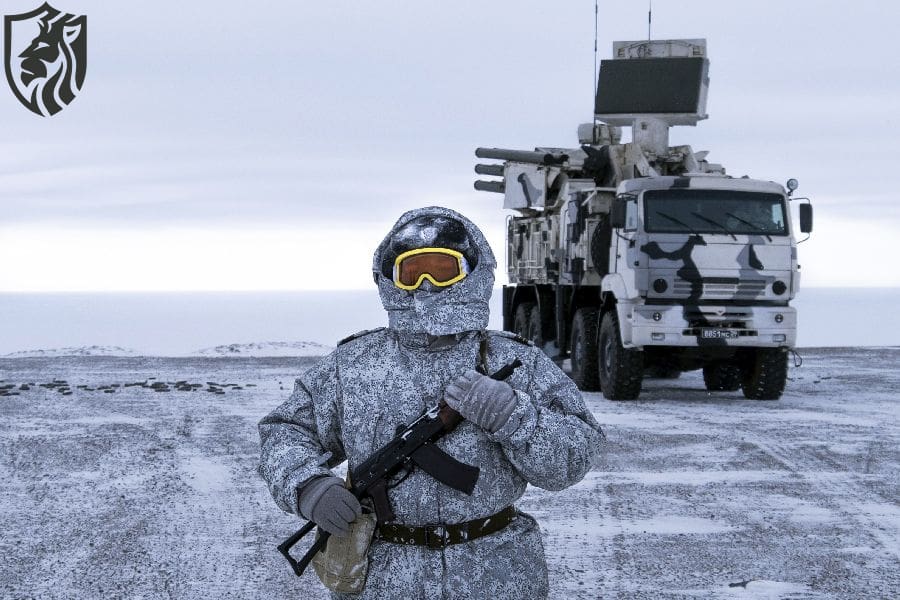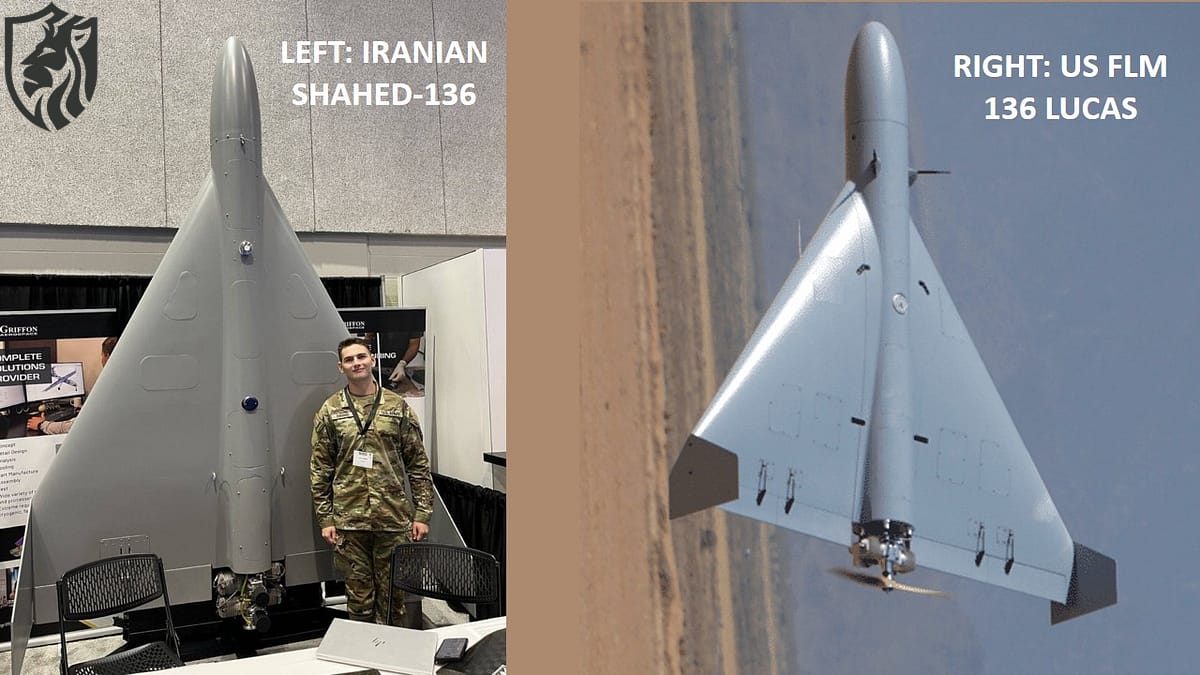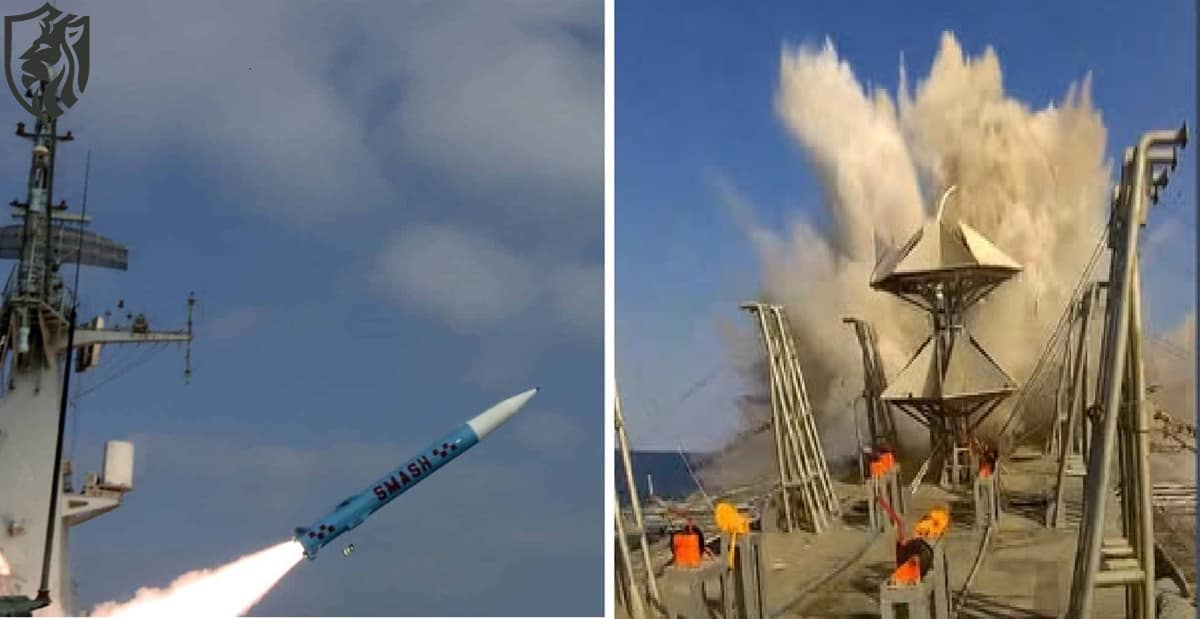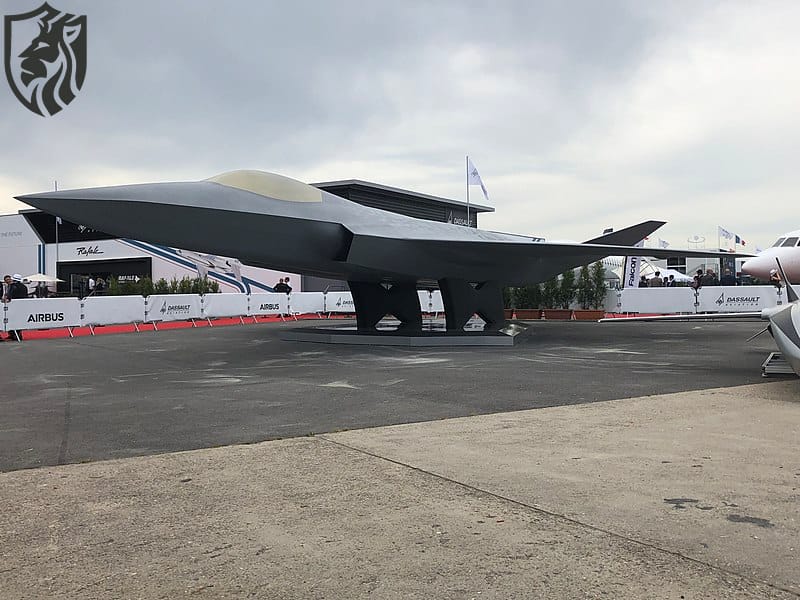
FCAS warplane
France has called on Germany and Spain to reconsider how industrial responsibilities are divided in the Future Combat Air System (FCAS) programme. The aim is to maintain momentum and meet the project’s critical 2040 deadline for deploying a sixth-generation fighter jet.
Strategic Shift to Secure FCAS Timelines
The French Directorate General for Armament (DGA) recently confirmed that Paris had proposed a revised cooperation model to its FCAS partners. France remains the lead nation in the FCAS initiative and believes adjustments are vital to staying on schedule. According to the DGA, the initiative stems from lessons learnt during early collaboration phases.
The DGA emphasised that this move is not about disrupting existing agreements but ensuring industrial leadership aligns with the programme’s strategic needs. In their words, the “principle and details” of the redesigned cooperation are now under negotiation between the partners.

FCAS Development Faces Internal Headwinds
Although FCAS has cleared several key technical milestones—including finalising the shape of the demonstrator aircraft—internal friction has slowed progress. At the heart of the issue is a governance dispute, particularly over the division of work between Dassault Aviation and Airbus.
Dassault, which is leading development of the future warplane, has repeatedly voiced frustration over delays caused by prolonged disagreements. CEO Éric Trappier insists that without clear leadership and streamlined governance, the FCAS fighter risks falling behind schedule.
This internal rift now threatens to delay Phase 2 of FCAS—scheduled to begin in early 2026—which involves the construction of a full-scale demonstrator.
Dassault Seeks Stronger Leadership Role
While Dassault has not officially commented on reports it is seeking a larger role in FCAS, industry observers note the company’s recent push mirrors the leadership model used in the nEUROn stealth drone program. In that initiative, Dassault served as the main contractor while coordinating with several European partners.
Trappier has openly stated that such a model would benefit FCAS, which he described as a “program of unprecedented complexity”. He also noted that the existing arrangement hampers decision-making, risking a slip in the 2040 operational target.
Although Airbus maintains that FCAS will enter service by 2040, Trappier believes 2045 is now more realistic given current progress.
Strategic Importance for French Nuclear Deterrence
For France, FCAS is not just a joint European venture—it plays a vital role in national defense policy. One of the future fighter’s key roles will be carrying the airborne component of France’s nuclear deterrent, currently operated by the Rafale.
Neither Germany nor Spain uses nuclear-capable fighters. Their air forces rely primarily on the Eurofighter Typhoon, produced by Airbus, which lacks nuclear delivery capability. This situation adds a layer of strategic urgency for Paris to ensure the project stays on track.
Complexity Demands Flexibility in Industrial Roles
According to the DGA, the FCAS programme has already achieved four critical technical milestones. However, they acknowledged that “the current difficulties are inherent in a programme of this scale and ambition.” These challenges, the DGA said, demand a flexible and adaptive industrial structure.
France insists the discussions do not undermine the “programme of equals” principle but will inevitably result in a revised distribution of industrial tasks. The DGA confirmed that “each player’s share of the work is not a given but will be the result of discussions between the partners.”
This approach suggests a fluid strategy where industrial contributions are tailored based on capability and readiness, rather than rigid national quotas.
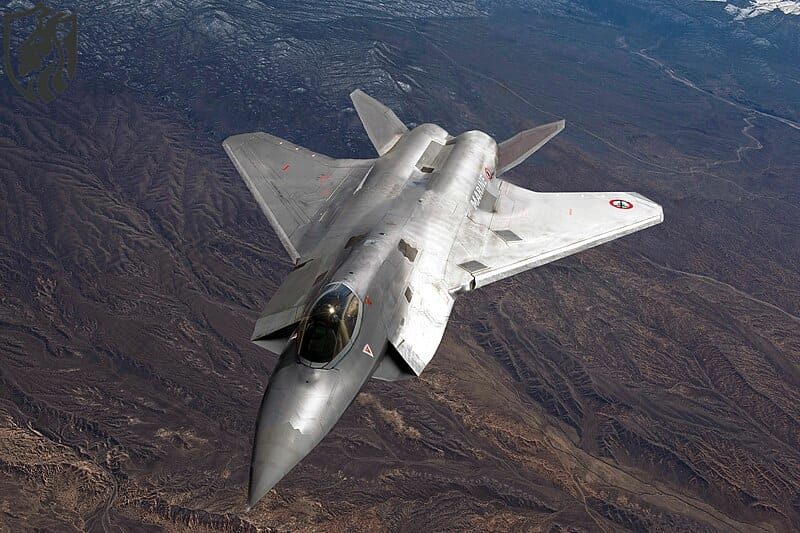
FCAS: A Pillar of European Sovereignty
Despite internal tensions, France remains firmly committed to FCAS, viewing it as a central pillar of European defense autonomy. The project aligns with Paris’ broader goal of strategic independence from non-European defense suppliers, particularly the United States.
In December 2022, France, Germany, and Spain jointly awarded a €3.2 billion contract to Dassault, Airbus, Indra Sistemas, and Eumet for Phase 1B of FCAS. This phase includes research, development, and design activities.
Maintaining momentum through Phase 2 is now vital. Without a demonstrator built in time, Europe’s ambition to field a sixth-generation fighter by 2040 will face significant setbacks.
A Call for Pragmatism and Unity
Ultimately, France’s proposal reflects a pragmatic approach. Rather than letting internal disputes derail progress, the lead nation is pushing for a recalibrated governance model that prioritises results. By anchoring the programme in strong industrial leadership and clear task allocation, FCAS can meet its ambitious goals.
Although disagreements remain, the programme’s partners appear committed to the resolution of them through negotiation rather than confrontation. With air dominance and nuclear deterrence at stake, success in the FCAS programme is not merely a defense objective—it is a strategic imperative for Europe.






